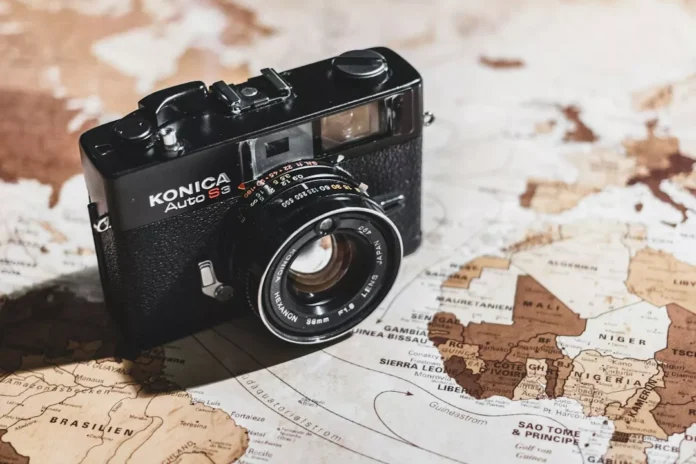Located in the small town of Reggio Calabria, Italy, lies a museum that is not only dedicated to preserving the history and culture of the ‘ndrangheta, but also serves as a powerful tool in the fight against organized crime. The Museo de la ‘ndrangheta, also known as the Museum of the ‘ndrangheta, is the brainchild of claudio La camera, an anthropologist and director of theater. La camera’s unique approach to tackling the issue of mafia culture has garnered international attention and has been praised for its impact on the community.
La camera’s journey towards creating the Museo de la ‘ndrangheta began in the early 2000s when he was working as a theater director in Reggio Calabria. During his time there, he became increasingly aware of the pervasive influence of the ‘ndrangheta in the local community. He witnessed firsthand the devastating effects of organized crime on individuals and families, and he knew he had to do something to combat it.
In 2006, La camera founded the cultural association “I Normanni” with the aim of promoting the values of legality, democracy, and social justice. Through this association, he organized theatrical performances, workshops, and other cultural events that addressed the issue of mafia culture. However, it wasn’t until 2012 that La camera’s vision for a museum dedicated to the ‘ndrangheta came to life.
The Museo de la ‘ndrangheta is not your typical museum. It is not filled with artifacts and exhibits, but rather it is a space for dialogue, reflection, and education. The museum offers a variety of activities, including guided tours, workshops, and conferences, all aimed at raising awareness and promoting a culture of anti-mafia. The museum also hosts temporary exhibitions that explore different aspects of the ‘ndrangheta, such as its history, rituals, and impact on society.
One of the most striking features of the Museo de la ‘ndrangheta is its focus on the role of women in the mafia. La camera believes that women play a crucial role in the perpetuation of mafia culture and that their voices and experiences must be heard in order to break the cycle of violence and corruption. The museum offers a special tour that highlights the stories of women who have been directly or indirectly involved with the ‘ndrangheta, shedding light on the often overlooked role of women in organized crime.
Moreover, the Museo de la ‘ndrangheta also serves as a platform for social and economic development in the community. La camera has collaborated with local businesses and artisans to create products that are sold in the museum’s gift shop. This not only supports the local economy but also promotes a positive image of the community, one that is not defined by the presence of the ‘ndrangheta.
One of the most notable achievements of the Museo de la ‘ndrangheta is its impact on the youth. The museum offers educational programs for students of all ages, teaching them about the dangers of organized crime and the importance of standing up against it. Through interactive activities and workshops, the museum encourages critical thinking and empowers young people to become agents of change in their community.
La camera’s efforts have not gone unnoticed. In 2018, he was awarded the prestigious “Premio Libera” for his work in promoting a culture of legality and social justice. The Museo de la ‘ndrangheta has also received international recognition, with visitors from all over the world coming to learn about the fight against organized crime in Calabria.
In conclusion, the Museo de la ‘ndrangheta is more than just a museum. It is a symbol of hope, a space for dialogue and education, and a powerful tool in the fight against organized crime. Thanks to the dedication and vision of claudio La camera, the museum has become a beacon of light in a community that has long been overshadowed by the ‘ndrangheta. Through his work, La camera has shown that culture and art can be powerful weapons in the battle against mafia culture. The Museo de la ‘ndrangheta stands as a testament to the resilience and determination of the people of Reggio Calabria in their fight for a better future.

